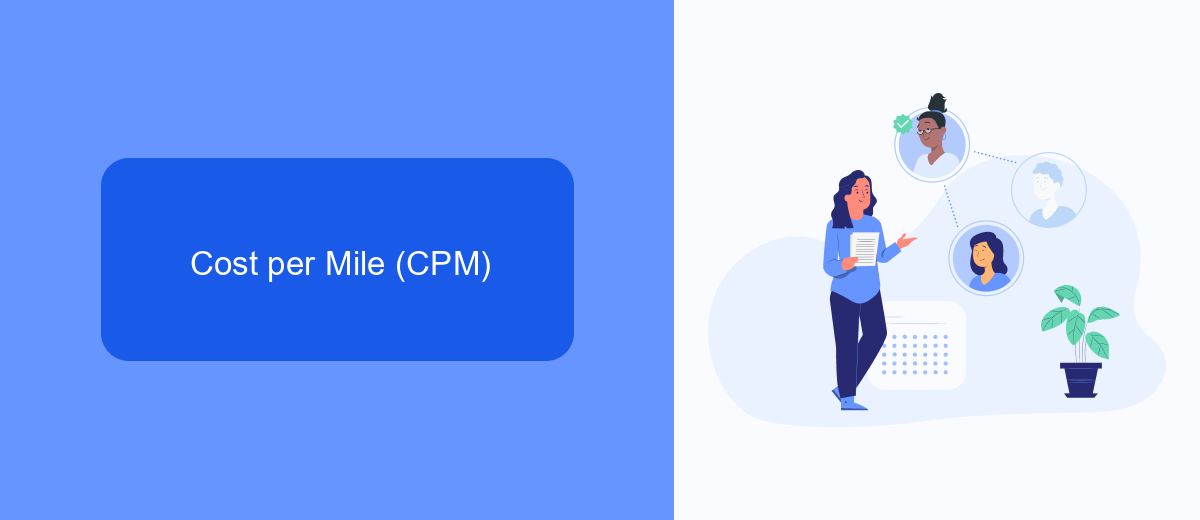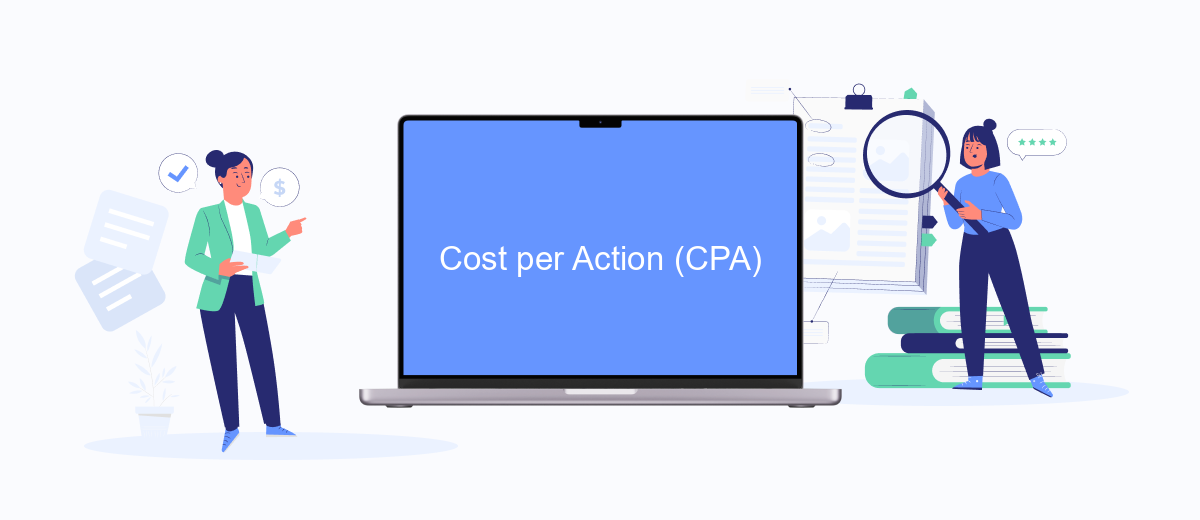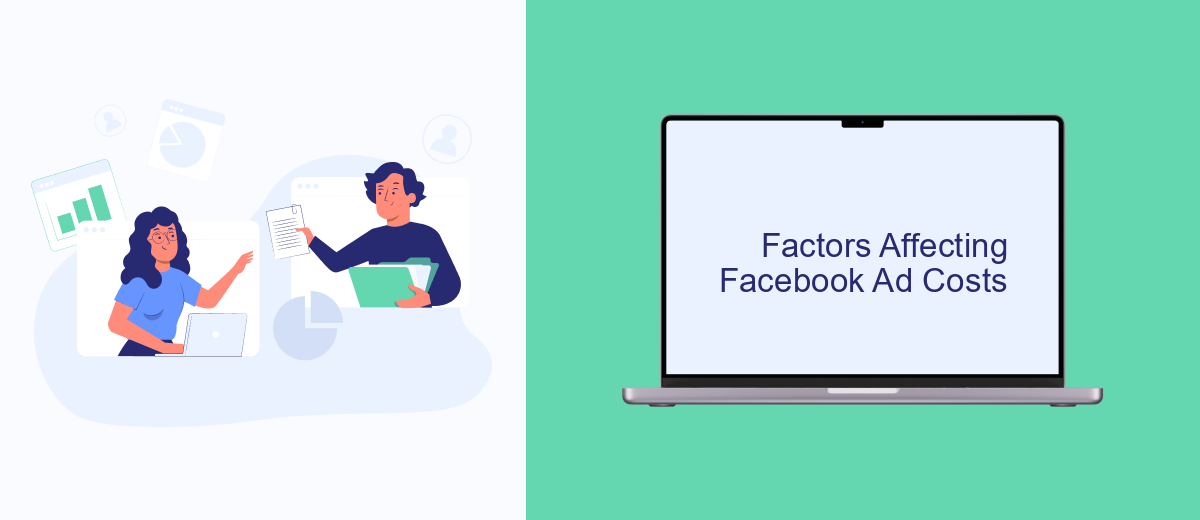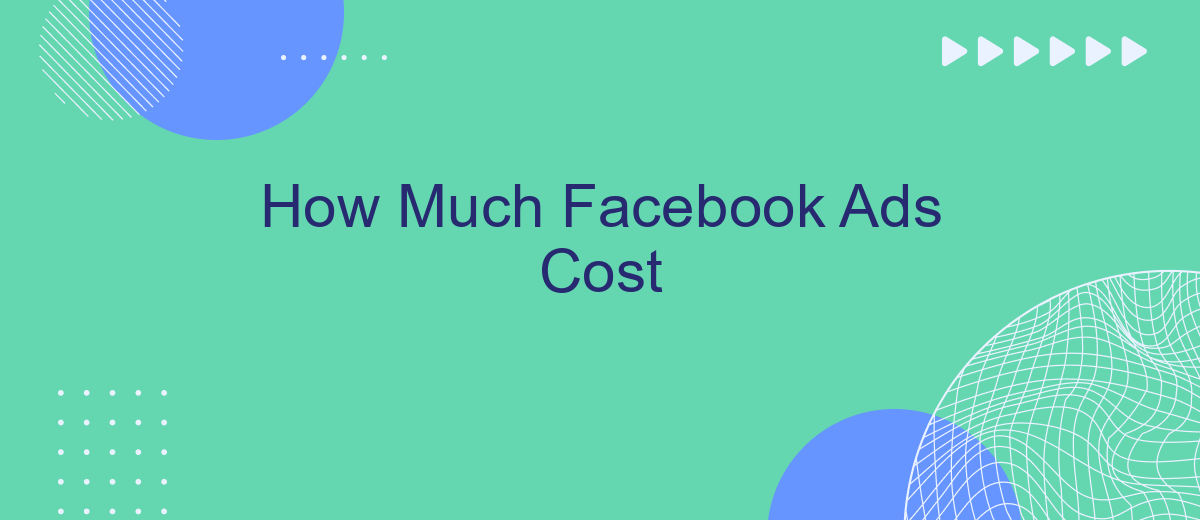Understanding the cost of Facebook Ads is crucial for businesses aiming to maximize their marketing budget. This article delves into the various factors that influence the pricing of Facebook Ads, including audience targeting, ad placement, and bidding strategies. By the end, you'll have a clearer picture of how much you might expect to spend and how to optimize your ad campaigns for better ROI.
Cost per Click (CPC)
Cost per Click (CPC) is a metric that represents the amount advertisers pay each time a user clicks on their Facebook ad. Understanding CPC is crucial for budgeting and optimizing your ad campaigns. Several factors influence the CPC on Facebook, including audience targeting, ad relevance, and competition within your industry.
- Audience Targeting: The more specific your audience, the higher the CPC can be.
- Ad Relevance: Ads that are more relevant to your audience tend to have a lower CPC.
- Industry Competition: Highly competitive industries often see higher CPCs due to the increased number of advertisers.
To make the most of your ad spend, consider using integration services like SaveMyLeads. This tool helps streamline your Facebook Ads data with your CRM or other marketing platforms, ensuring you can track and optimize your campaigns effectively. By leveraging such services, you can improve ad performance and potentially lower your CPC over time.
Cost per Mile (CPM)

Cost per Mile (CPM) is a metric used in advertising to denote the price of 1,000 ad impressions on a webpage or social media platform. When advertising on Facebook, CPM is a crucial figure to understand as it helps you gauge the cost-effectiveness of your campaigns. Typically, CPM rates can vary based on factors such as audience targeting, ad quality, and the time of year. For instance, during high-traffic periods like holidays, CPM rates may increase due to higher competition among advertisers.
To optimize your CPM on Facebook, it's essential to continuously monitor and adjust your ad campaigns. One effective way to manage and streamline these adjustments is by using integration services like SaveMyLeads. SaveMyLeads allows you to automate data transfers between Facebook Ads and other platforms, making it easier to track performance metrics and make informed decisions. By leveraging such tools, you can ensure that your advertising budget is used efficiently, thereby improving your overall CPM and campaign effectiveness.
Cost per Action (CPA)

Cost per Action (CPA) is a crucial metric in Facebook advertising, representing the amount you pay for a specific action taken by a user. This action can be anything from making a purchase to signing up for a newsletter. Understanding CPA helps advertisers gauge the effectiveness of their campaigns and optimize their budget accordingly.
- Define the desired action: Clearly outline what action you want users to take, such as a purchase, sign-up, or download.
- Track conversions: Use Facebook's tracking tools to monitor how many users complete the desired action after clicking your ad.
- Optimize campaigns: Adjust your ad targeting, creative, and bidding strategies to lower your CPA and improve overall performance.
For businesses looking to streamline their Facebook Ads campaigns, integrating with automation tools like SaveMyLeads can be highly beneficial. SaveMyLeads allows you to automate lead data transfer from Facebook to various CRM systems, reducing manual work and ensuring timely follow-ups. By leveraging such integrations, you can focus on optimizing your CPA and achieving better results from your advertising efforts.
Factors Affecting Facebook Ad Costs

Facebook ad costs can vary significantly based on a variety of factors. Understanding these factors can help advertisers optimize their campaigns for better performance and cost-efficiency. One of the primary determinants is the target audience. The more specific and competitive your audience, the higher the cost per click (CPC) or cost per thousand impressions (CPM) can be.
Another crucial factor is the ad placement. Facebook offers multiple placement options, including the news feed, stories, and the right column. Each placement has its own cost structure, with news feed ads typically being more expensive due to higher engagement rates. Additionally, the quality and relevance of your ad content play a significant role in determining costs.
- Target Audience
- Ad Placement
- Ad Quality and Relevance
- Seasonality and Demand
- Bid Strategy
Moreover, integrating tools like SaveMyLeads can streamline your ad management process, helping you automate lead collection and follow-up. This not only saves time but also ensures that you are making the most out of your advertising budget by focusing on high-quality leads. Understanding these factors and utilizing the right tools can lead to more effective and cost-efficient Facebook ad campaigns.
How to Optimize Facebook Ad Costs
Optimizing Facebook ad costs starts with understanding your audience. Utilize Facebook’s detailed targeting options to reach the most relevant users. Analyze the performance of your ads regularly and adjust your targeting parameters based on the data. A/B testing different ad creatives, headlines, and calls to action can help you identify what resonates best with your audience, allowing you to allocate your budget more effectively.
Another essential strategy is to leverage automation tools like SaveMyLeads. This service helps streamline your marketing efforts by integrating Facebook Ads with other platforms, ensuring that leads are captured and managed efficiently. By automating lead handling, you can reduce manual work, minimize errors, and focus more on optimizing your ad campaigns. Additionally, setting up proper conversion tracking and using Facebook’s automated rules can help you monitor ad performance and make real-time adjustments to keep your costs in check.
- Automate the work with leads from the Facebook advertising account
- Empower with integrations and instant transfer of leads
- Don't spend money on developers or integrators
- Save time by automating routine tasks
FAQ
How much do Facebook ads typically cost?
What factors influence the cost of Facebook ads?
Is there a minimum budget required for Facebook ads?
How can I optimize my Facebook ad spend?
Are there any tools to help manage and optimize Facebook ad costs?
SaveMyLeads is a simple and effective service that will help you automate routine tasks and optimize business processes. Stop wasting time uploading leads from Facebook manually – you can do it automatically, saving a lot of time and money. Eliminate routine from workflows and achieve more with minimal investment of money, effort and human resources.

